Welcome to Keys Coffees
Discover the Rich Heritage of Ethiopian Coffee!
Ethiopia, known as the birthplace of coffee, offers some of the world’s most exquisite and sought-after coffee beans. At Keys Coffees, we are dedicated to exporting the finest Ethiopian coffee, ensuring that every cup reflects our rich cultural heritage and commitment to quality.
20+
Processing Station
300+
Member Farmers
5k
Tons Yearly
Our Commitment to Traceability
At Keys Coffees, we are dedicated to ensuring that every cup of Ethiopian coffee tells a story. We work closely with local farmers and cooperatives, implementing robust traceability systems that allow us to track our coffee from farm to cup.
Each batch of coffee can be traced back to specific farms or cooperatives, and detailed records are kept on how the coffee is processed—whether it’s washed, natural, or honey-processed—impacting flavour profiles. Advanced logistics systems track coffee beans throughout their journey, from collection at the farm to processing centres and finally to export.
Keys coffee traceability is not just about tracking beans; it’s about connecting consumers with the rich heritage of coffee farming in Ethiopia. By supporting traceable coffee, you contribute to a sustainable future for farmers and the environment.
For more information about our traceability practices, please contact us or explore our coffee offerings.

Our Speciality Coffee Varieties
.1
Yirgacheffe
Yirgacheffe coffee comes from the Yirgacheffe region in the Southern part of Ethiopia. Known as one of the premier coffee-growing areas in the world, Yirgacheffe is celebrated for its high-quality Arabica beans, which are often characterized by their unique flavour profiles and aromatic qualities.
Many Yirgacheffe coffee producers are part of cooperatives that prioritize sustainable and ethical farming practices.
.2
Sidamo
Sidamo coffee is sourced from the Sidamo region in southern Ethiopia, an area celebrated for its fertile soil, diverse microclimates, and rich coffee-growing traditions. Sidamo is known for producing high-quality Arabica beans that are highly sought after in the specialty coffee market.
Many Sidamo coffee producers are part of cooperatives that emphasize sustainable and ethical farming practices.
.3
Harar
Harar coffee hails from the Harar region in eastern part of Ethiopia, known for its distinctive flavour and traditional processing methods. This region is one of the oldest and most traditional coffee-growing areas in Ethiopia and is celebrated for producing high-quality Arabica beans with unique and complex flavour profiles.
Many Harar coffee producers are part of cooperatives that prioritize sustainability and ethical practices.
From Farm to Cup: Quality Control
Our harvesting method is hand-picking. Which Typically preferred for high-quality coffees, this method allows for selective harvesting, ensuring only ripe cherries are picked in order to ensure optimal flavour in production of speciality coffee. However, it may cause high energy, time and human resources consumption.
Once harvested, coffee cherries undergo processing to extract the beans. The following main methods are used:
Washed Process (Wet Process):
Cherries are pulped to remove the outer fruit layer, then fermented to remove mucilage, followed by washing and drying.
This method results in a clean, bright flavour profile with pronounced acidity.
Natural Process (Dry Process):
Cherries are dried in the sun with the fruit intact, allowing the beans to absorb flavours from the fruit.
This method produces a sweeter, fruitier profile with more body and complexity.
Drying and Milling
Ones the harvesting and processing is completed, the coffee beans are spread out on raised beds of bamboos to dry in the sun, allowing for moisture content to reduce gradually. During this process our quality control team regular monitor the moisture levels, in order to prevent mould and ensure the beans maintain their quality.
Once dried, the outer parchment layer is removed through hulling, revealing the green coffee beans. And Beans will be graded, and sorted based on size, weight, and quality, and defects are removed to ensure only the best beans are selected for export.
In our journey of coffee from farm to cup is meticulously processed with detail attention at every stage. We focus on sustainable practices, careful harvesting, precise processing, and quality control, which allows our coffee to reflects the rich flavours and unique qualities in each cup. This commitment to quality not only enhances the drinking experience but also supports the livelihoods of farmers and our communities.
Sustainability and Ethical Sourcing
Keys Coffees is a part of cooperatives that emphasize sustainable and ethical farming practices, including:
Fair Trade Practices: Ensuring farmers receive fair compensation for their coffee, fostering economic stability in local communities.
Organic Farming: Numerous farms practice organic methods, promoting ecological health and avoiding synthetic chemicals.
Community Development: Profits from cooperatives are often reinvested into local infrastructure, education, and health services.
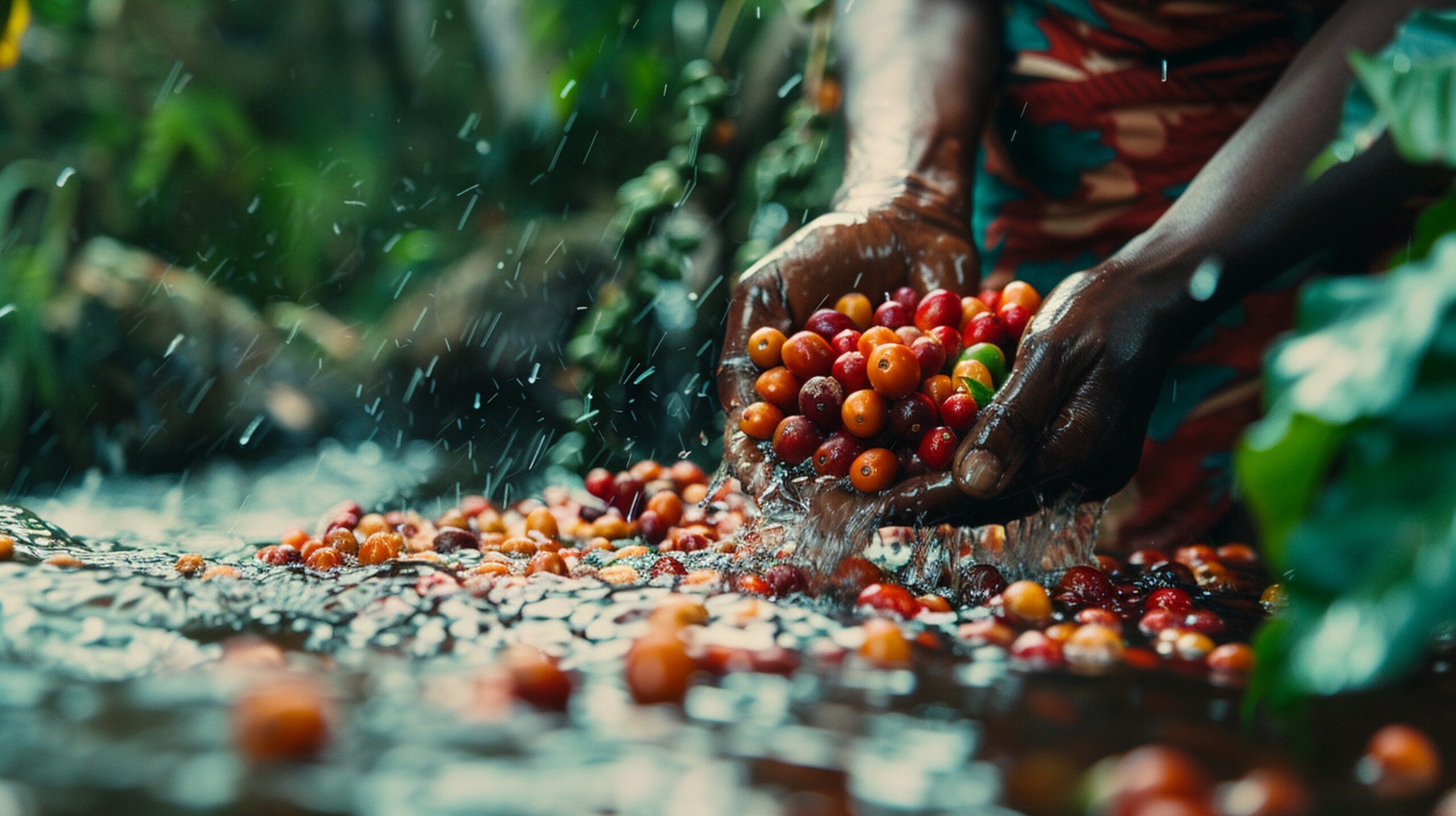
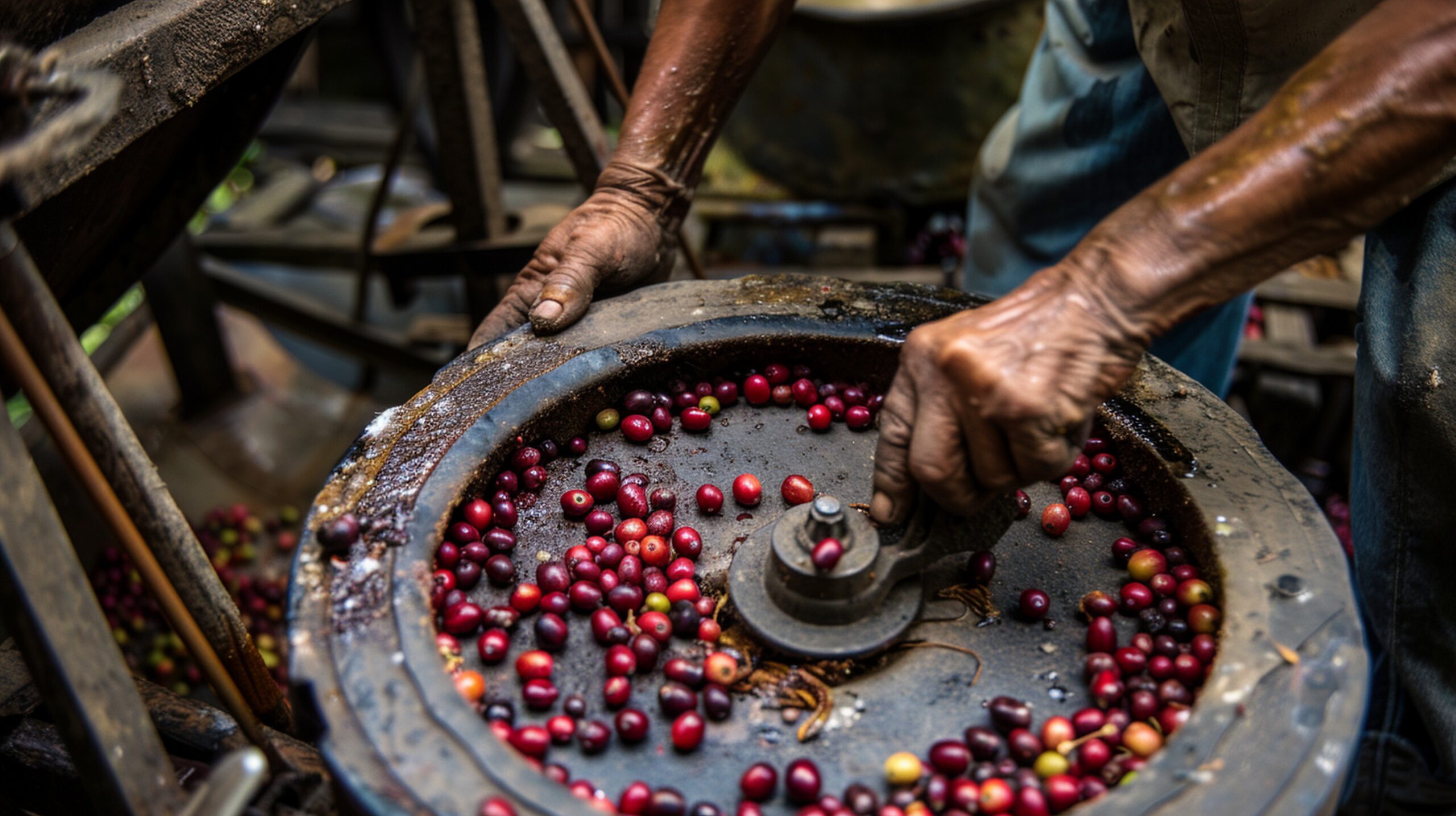
Latest blog
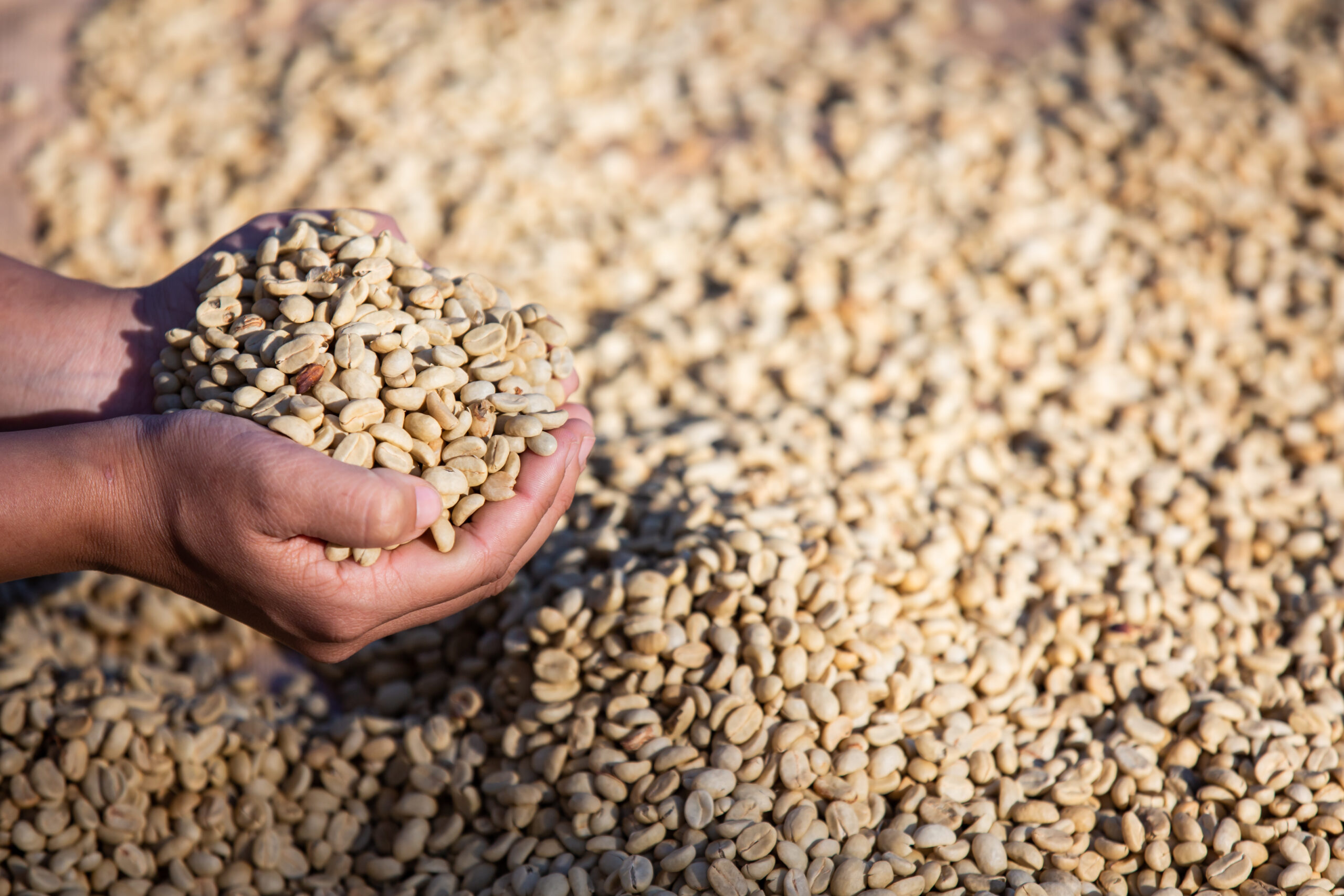
October 1st International Coffee Day
Origin of International Coffee Day International Coffee Day is celebrated annually on October 1st, and[…]
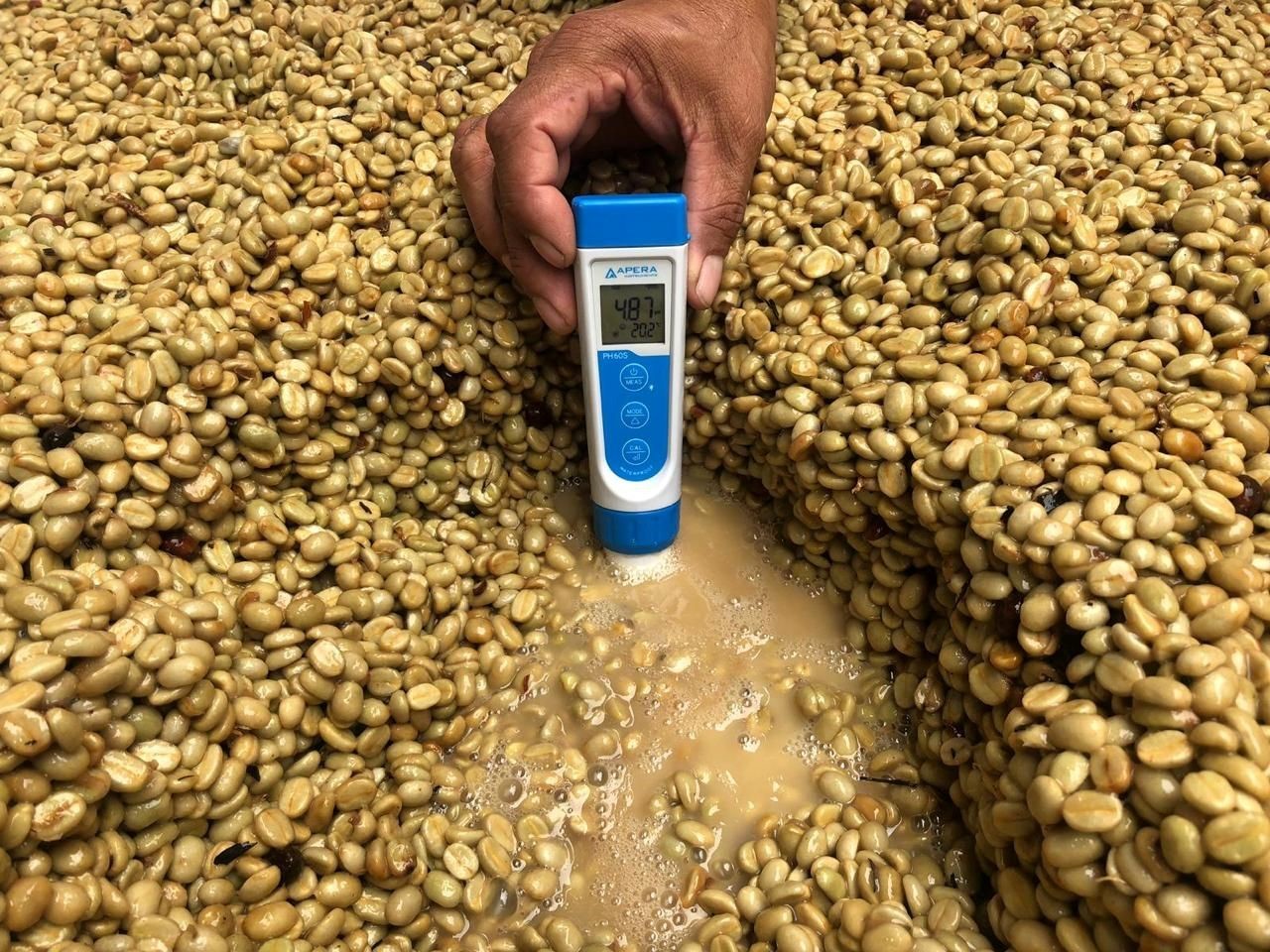
What role does fermentation time play in coffee processing?
Fermentation time plays a critical role in coffee processing, particularly in the washed (wet) method.[…]

Harar Coffee Varieties: Detailed Profile
Overview Harar coffee hails from the Harar region in eastern Ethiopia, known for its distinctive[…]
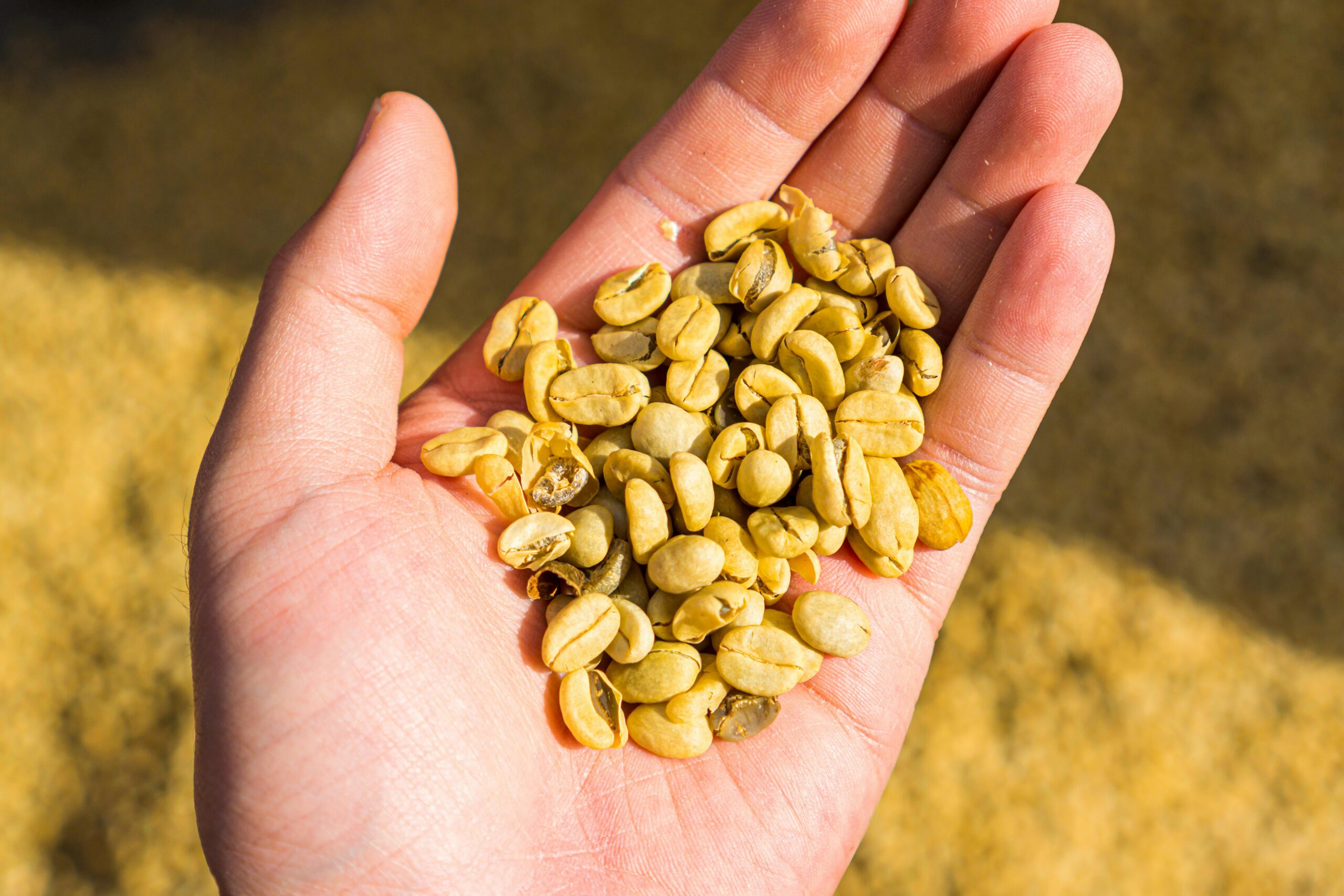
Sidamo Coffee Varieties: Detailed Profile
Overview Sidamo coffee is sourced from the Sidamo region in southern Ethiopia, an area celebrated[…]
